It is not uncommon to be scrolling through any type of social media and come across countless clickbait hyperlinks. Clickbait, as defined by Dictionary.com, is a sensationalized headline or piece of text on the internet designed to entice people to follow a link to an article on another web page. The use of clickbait as a scheme to get more views is a widespread issue that should be banned on social media platforms.
One of the first examples that come to mind when thinking about clickbait is on Instagram’s search page. This page allows users to scroll endlessly on pictures and videos that the Instagram algorithm has created for the individual user. Often, you tap on a video with an eye-catching cover photo only to be shown a video that has absolutely nothing to do with the cover photo itself. Not only is this an inconvenience to the viewer, but this also creates a sense of distrust between the viewer and the uploader.
Clickbait can be seen as a harmless ploy to rack up more views, but in more severe cases, clickbait has been proven to be tied to the spread of fake news. Fake news is defined as “news articles that are intentionally and verifiably false designed to manipulate people’s perceptions of real facts, events, and statements.” Essentially, clickbait is used to make fake news go viral. This can lead to misinformation, confusion, and can potentially influence popular perception on a specific issue. New studies also show that fake news not only leads people to believe false accusations but also makes individuals less likely to consume or accept information. This presents a unique issue, as audiences are made increasingly unlikely to believe information whether it be fake or trustworthy, creating an uninformed society. This becomes not only a personal inconvenience but also a nationwide threat that can and has affected political stances. Thus, it is important for social media platforms to ban clickbait from their platforms.
During the 2016 presidential election, more than half of U.S. adults agreed that fake news causes deep confusion. In fact, during the 2016 election period, nearly one-in-three U.S. adults said they often saw fake political news online.
Now, as the primary elections arise, more politically charged articles circulate through social media platforms. It is important to be able to avoid fake news and not fall into clickbait traps. This means not clicking on the first catchy article that crosses the screen, but rather, gathering information from credible news sites. The easiest way to not fall for fake news is to fact-check by evaluating other credible sites to get a fuller understanding on the news being presented.
While fake news and clickbait can be seen as detrimental to society and a national security issue, some may argue that clickbait should be protected under free speech. More specifically, individuals argue that fake news and clickbait should not be banned on social media platforms since the U.S. Constitution, and thus American values, protect this speech.
Unsurprisingly, social media platforms like Facebook have opposed restricting clickbait and fake news due to issues regarding free speech. Mark Zuckerberg, CEO of Facebook, says Facebook will not police political speech, because it impinges on freedom of speech. Zuckerberg holds a strong belief that Facebook must continue to stand for free expression. Many, however, argue that Zuckerberg’s firm belief in freedom of expression has resulted in detrimental effects such as long-term damage to our democracy as fake news has left Americans confused about basic facts. Yet, these sources fail to see that the intention of censoring of clickbait and fake news is not to ban controversial ideas and topics, but rather to protect viewers from false information. This not only creates a sense of reliability between social media users and uploaders on social media platforms but a better-informed society. Thus, the freedom to express ideas should still be permitted on social media platforms as long as they are based on factual information.
While freedom of speech is necessary for protecting contrasting ideas, there should be restrictions on social media platforms in regards to clickbait and fake news. Removing clickbait and fake news not only prevents the potential spread of fake news and protects viewers from false information, but also provides a more transparent, trustworthy social media platform.
Graphic by Geena L. Roberts.


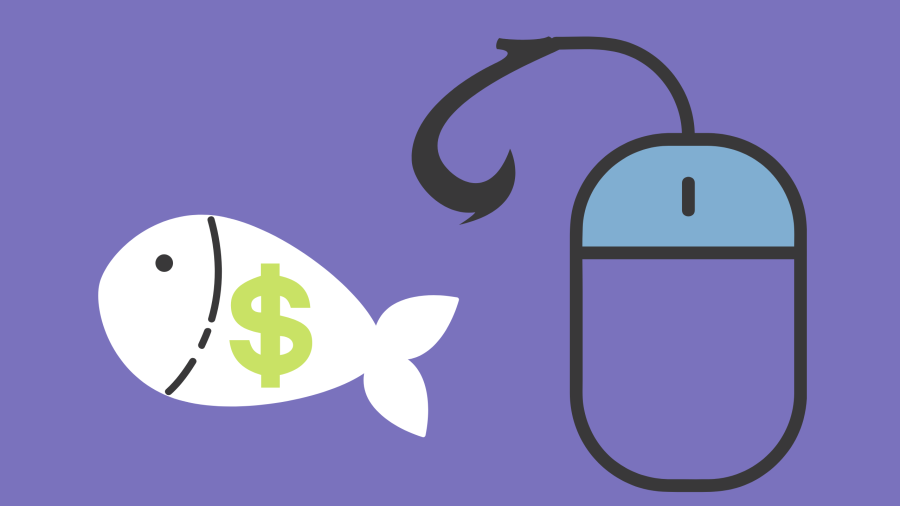

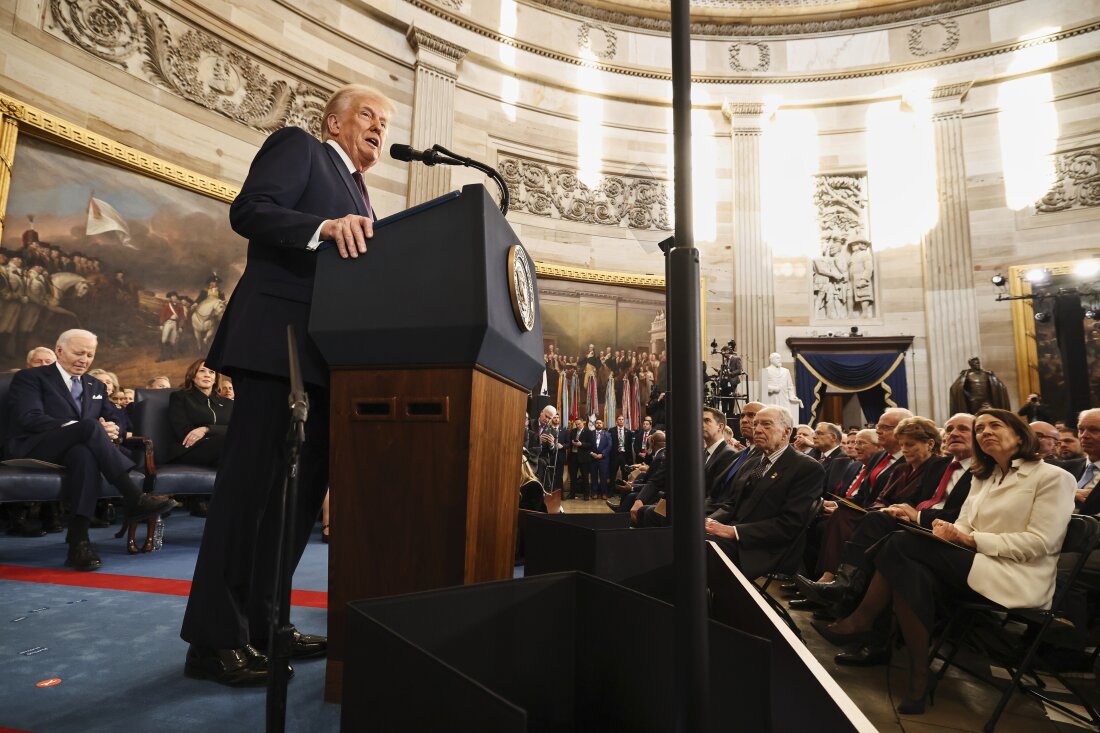
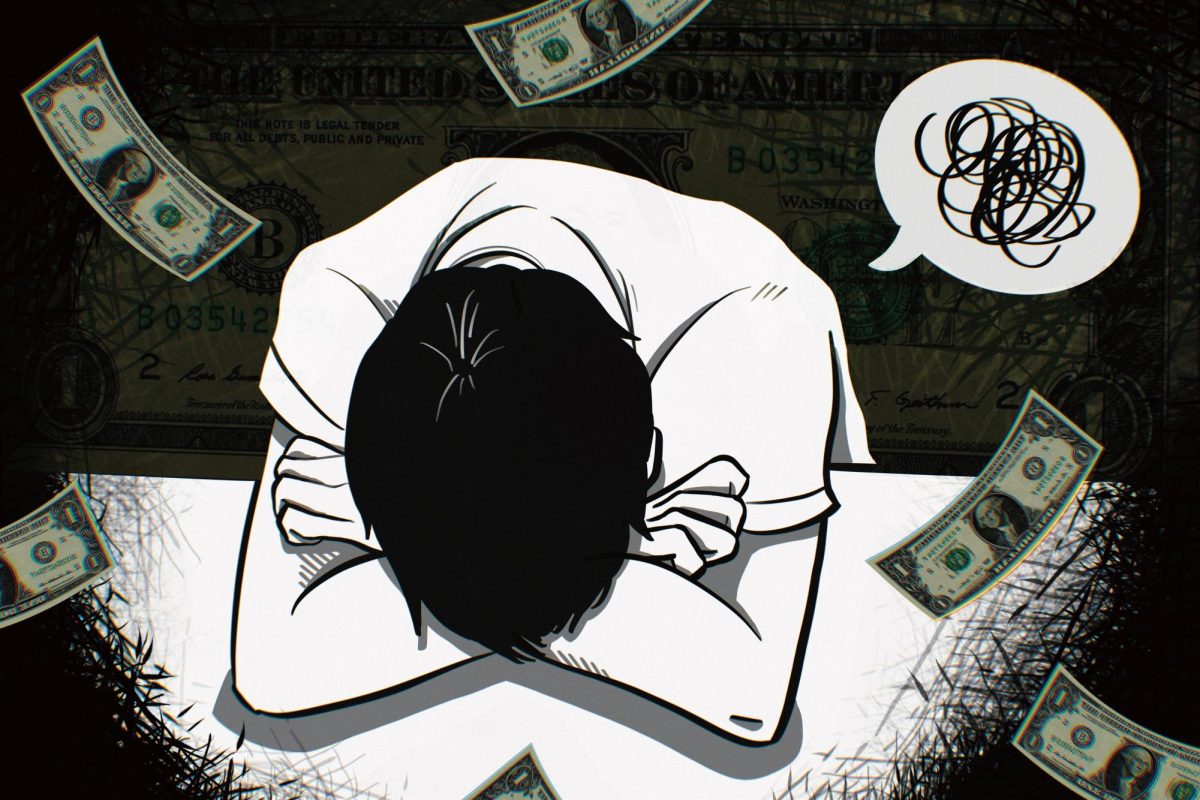
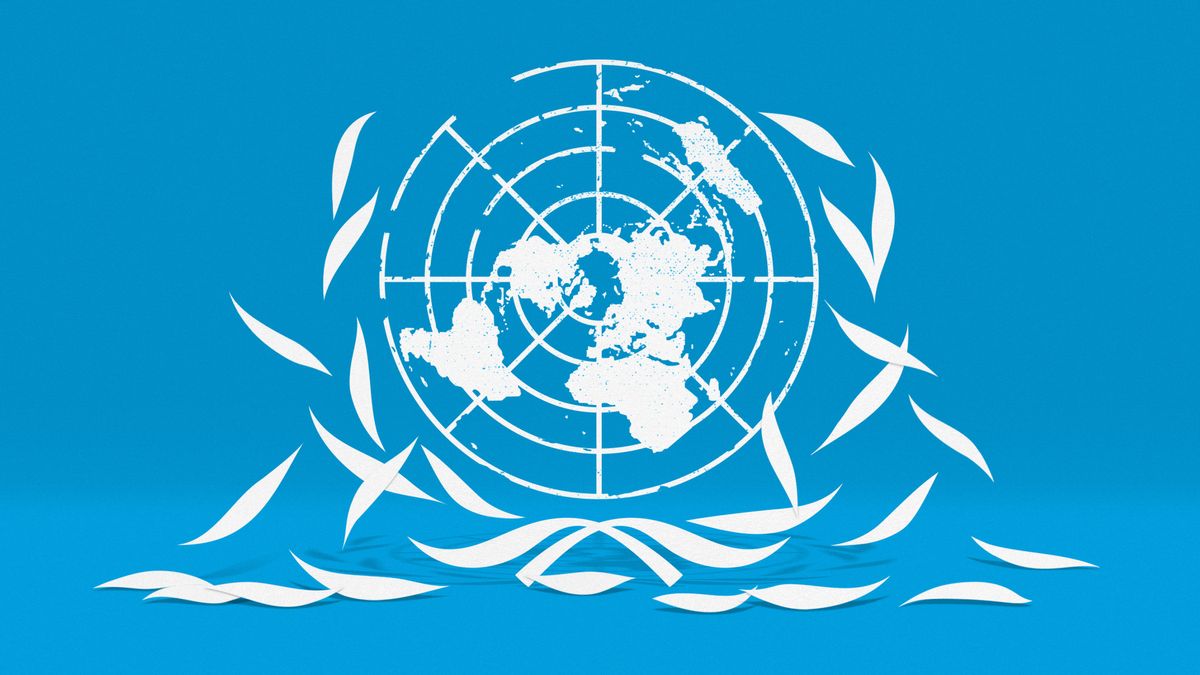
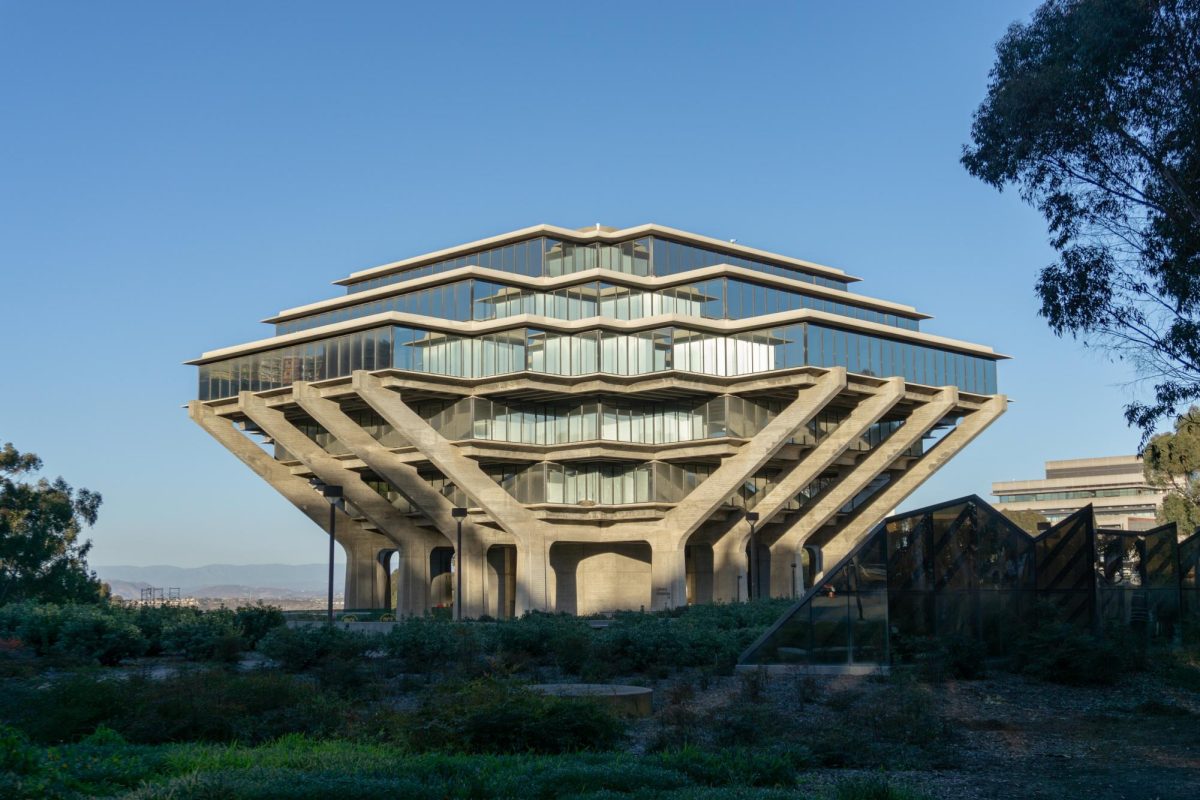
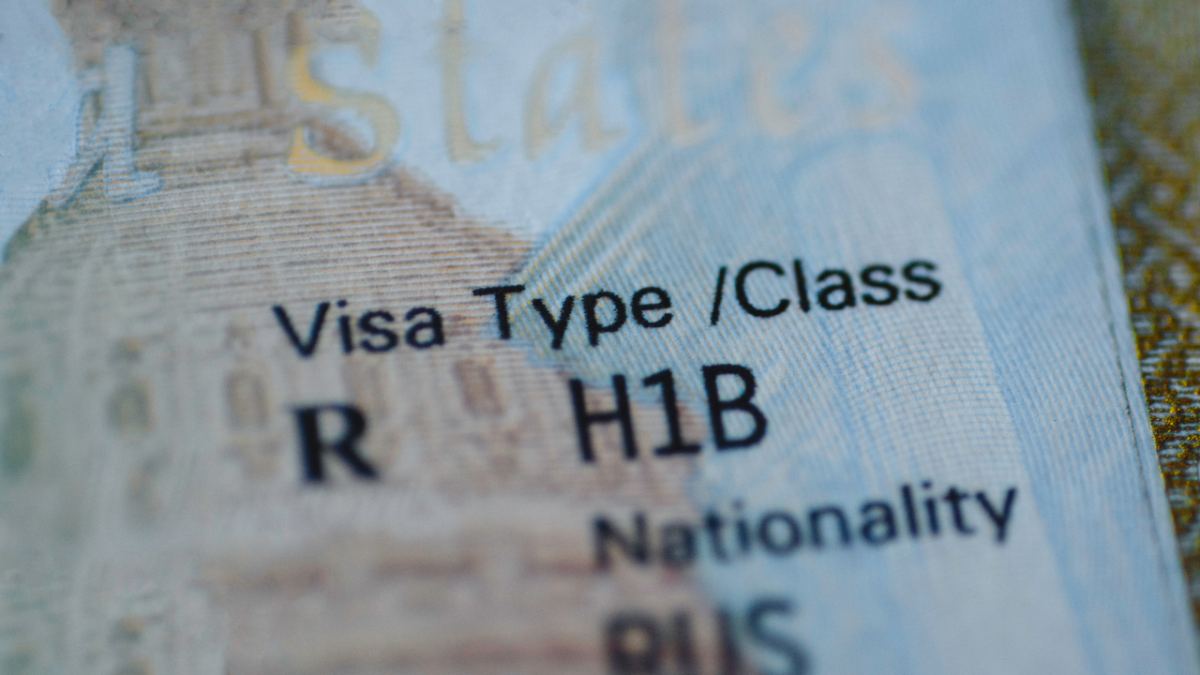






Angela • Dec 20, 2024 at 1:47 am
The fact that fake news can shape public opinion and even influence elections is a serious problem that cannot be ignored. It is not just a personal annoyance but also a broader societal issue.
While I understand the concerns about restricting free speech, I believe there is a clear distinction between censoring opinions and addressing the deliberate spread of false or misleading information. Social media companies have a responsibility to foster an environment where users can trust the content they encounter.
Although banning clickbait may be challenging, particularly given the arguments about freedom of expression, I think platforms could at least implement stricter rules to mitigate the problem.